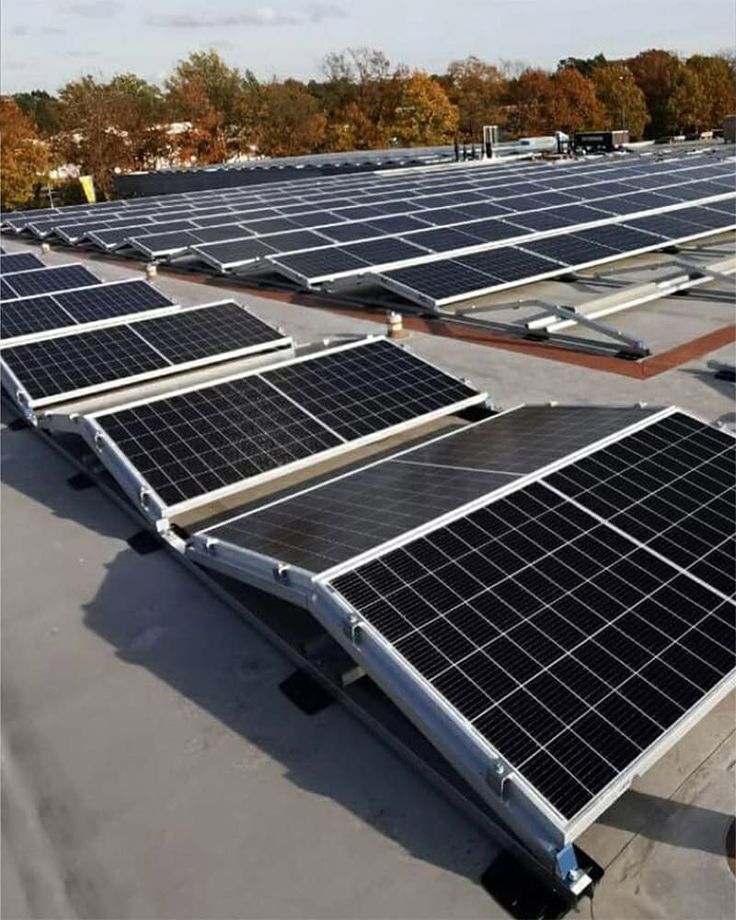The year 2025 is shaping up to be an excellent time for New Zealand homeowners to invest in solar power. With declining costs, attractive financing options, and a growing emphasis on energy independence, going solar is more accessible and financially rewarding than ever before. This article explores the key aspects of securing the best solar deals nz.
1. Understanding the Cost Landscape in 2025
Solar panel system prices in New Zealand have continued their downward trend, making them increasingly affordable.
- System Size vs. Cost:
- A 3 kW system, suitable for small homes, can range from $8,000–$9,000.
- An average 5 kW system, ideal for families, typically costs $10,000–$14,000.
- Larger 7 kW to 10 kW systems for high-usage homes might range from $14,000–$27,000. These prices generally include panels, an inverter, mounting, installation, and grid application services.
- Battery Storage Costs: Adding battery storage significantly increases the upfront cost but provides greater energy independence and backup power. A 5 kWh battery system might cost $6,000–$7,500 installed, while a 10 kWh system could be $12,000–$15,000. High-end options like the Tesla Powerwall 3 (13.5 kWh) are around $22,000–$24,000 installed.
- Factors Influencing Price: Roof type, switchboard upgrades, rural location (travel costs), and chosen panel/inverter brands can all affect the final price.
2. Leveraging Green Home Loans and Financing
One of the most attractive aspects of going solar in New Zealand in 2025 is the widespread availability of green home loans.
- Major Bank Offerings: Leading banks like ANZ, ASB, BNZ, Westpac, and Kiwibank are offering specialized green home loans. These often come with interest-free periods or preferential low-interest rates, with financing typically available up to $80,000 for solar, batteries, and other energy-efficient upgrades.
- Benefits: These loans make the upfront investment much more manageable, allowing homeowners to start saving on electricity bills immediately while paying off the system over several years.
- Power Purchase Agreements (PPAs): While less common for residential, some providers might offer PPAs where you pay for the electricity generated by the system at a predetermined, often lower, rate. However, you don’t own the system, so you miss out on full financial benefits like increased property value.
3. Government Initiatives and Regulatory Changes
The New Zealand government is actively working to accelerate solar adoption, with recent announcements in June 2025 streamlining the process.
- Expanded Voltage Range: The permitted voltage range on electricity networks has been expanded (from +/- 6% to +/- 10%), making it easier for homes to export more solar power back to the grid.
- Streamlined Consents:
- No building consent is now needed for rooftop solar on existing homes.
- Councils must process consents for new homes with solar panels within 10 working days (down from 20), saving time and costs.
- Impact: These changes aim to future-proof the grid, avoid costly network upgrades, and reduce red tape, encouraging more Kiwis to embrace solar.
4. Maximizing Savings and Return on Investment (ROI)
Solar power offers substantial long-term savings, with typical payback periods ranging from 5 to 8 years.
- Reduced Electricity Bills: A solar system can save NZ homeowners between $1,000–$2,000 per year, potentially leading to $25,000–$50,000 in savings over a 25-year lifespan.
- Net Metering: Electricity retailers offer competitive rates for excess solar energy sent back to the grid, providing credits that offset your consumption at other times.
- Increased Property Value: Homes with solar panels are more attractive to buyers and can sell for a premium, increasing your property’s overall value.
- Rising Power Prices: With traditional power prices steadily increasing (e.g., projected average of $10 per month increase from April 1, 2025), hedging your electricity costs with solar becomes an even smarter financial move.
5. Choosing the Right Solar Provider
Selecting a reputable and experienced solar installer is crucial for a successful solar journey.
- Look for Experience: Companies like Sunshine Solar, with over 22 years in the industry, offer expertise in installation and system optimization.
- Comprehensive Services: Choose providers that offer free site assessments, tailored system design, professional installation, warranties on workmanship and materials, and ongoing performance monitoring.
- Customer Reviews: Check reviews and testimonials. Companies like Harrisons Solar often receive positive feedback for their professional service and effective systems.
In 2025, New Zealand homeowners have an unprecedented opportunity to embrace solar power. With competitive pricing, attractive financing, supportive government policies, and clear long-term financial benefits, the future is indeed bright for solar in Aotearoa.



